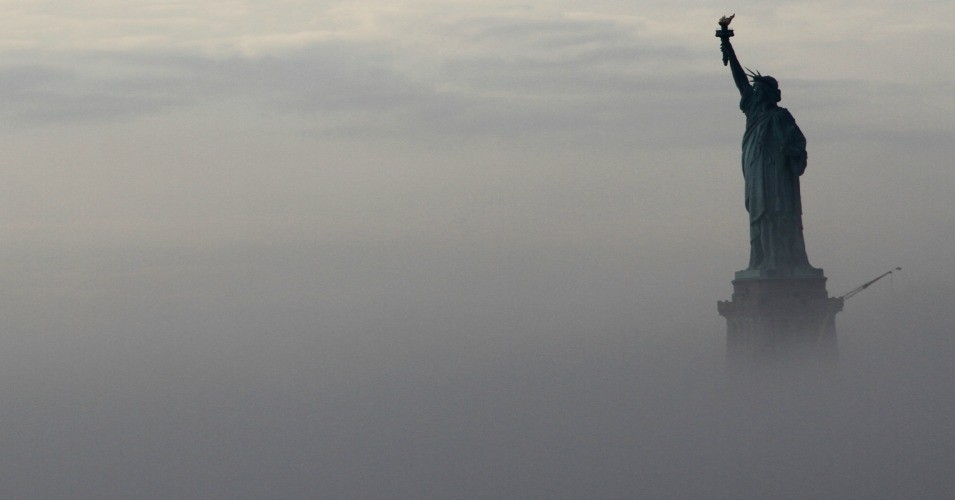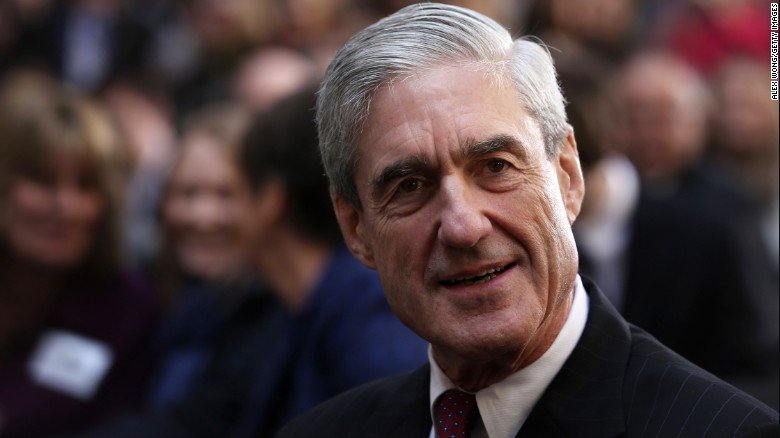“We do not yet know all the relevant facts, and any final determination must await further investigation, including by Special Counsel Robert Mueller,” concludes the Brookings Institute report—authored by Norm Eisen and Noah Bookbinder of Citizens for Ethics and Responsibility in Washington (CREW) and Barry Berke of the law firm Kramer Levin.
Nonetheless, the lawyers argue that the facts currently in the public record amount to “substantial evidence that President Trump attempted to obstruct the investigations into Michael Flynn and Russia’s interference in the 2016 presidential election through various actions, including the termination of James Comey.”
“Demanding the loyalty of an individual involved in an investigation, requesting that individual’s help to end the investigation, and then ultimately firing that person to accomplish that goal are the types of acts that have frequently resulted in obstruction convictions,” the analysis notes, citing the impeachment proceedings against former presidents Richard Nixon and Bill Clinton, as well as Judges Samuel Kent and Harry Claiborne.
In all of these cases, the lawyers observe, “Congress has…considered obstruction, conspiracy, and conviction of a federal crime to be valid reasons to remove a duly elected president from office.”
The study goes on to highlight several pieces of evidence that could form a cumulative case that Trump obstructed an ongoing investigation, including:
- Trump’s “fabrication” of his initial reason for firing Comey (which was that Comey poorly handled the investigation into former Secretary of State Hillary Clinton’s use of a private email server);
- Trump’s role in crafting his son Donald Trump Jr.’s “inaccurate statements about the purpose of his meeting with a Russian lawyer” during the 2016 presidential campaign;
- Trump’s threat to Comey that he “better hope there are no ‘tapes'” of their conversations; and
- Trump’s repeated denunciations of the investigation into his conduct, which he has called a “fake” scandal drummed up by Democrats angry that they lost the election.
While the authors conclude by noting that the “appropriateness of impeaching the president on the grounds discussed” is “ultimately a matter of congressional discretion,” the relevant precedents, as well as the large body of evidence, indicate that Congress would have sufficient justification if it chose to do so.
As recent polling data demonstrates, such a move would likely be applauded by a large portion of the American public.
According to a Public Religion Research Institute survey in August, 40 percent of Americans believe Trump should be impeached—up 10 percentage points over a period of six months.
Most Americans also side with Eisen, Bookbinder, and Berke on the matter of obstruction of justice. A recent survey conducted by Public Policy Polling found that 49 percent of Americans believe Trump obstructed justice by firing Comey.



